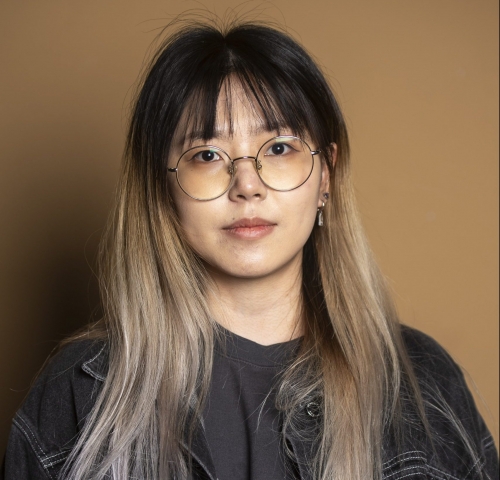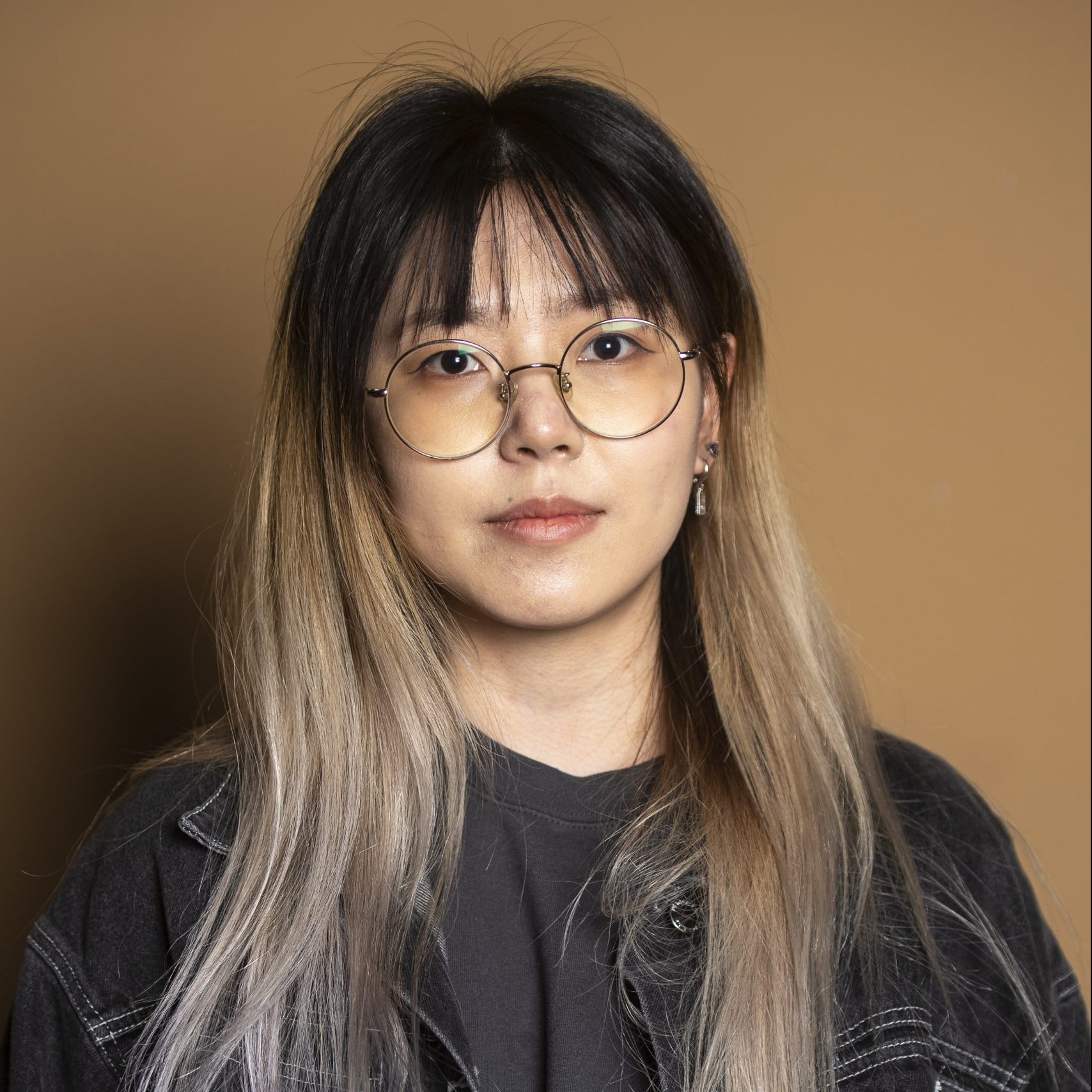
Yiheng Hu
University of New South Wales
I’m a Mphil student at university of New South Wales. I have bachelor’s degree in Mathematics and Computer Science. My current research focuses on the application of machine learning and deep learning. In the future, I would like to pursue PhD program related to mathematics modelling in Bioinformatics.
Can you give me a quick overview of the type of mathematics you are studying and its potential applications or outcomes?
My current research topics involves the investigation of deep learning application. One of the topics I’m currently working on is emotion recognition using EEG signal. It is a topic that relates to many areas, such as diagnosis of mental diseases and development of human-computer interaction. EEG signal is a measurement which collects the electrical activity from several electrode cite on the brain scalp. With the given EEG data, we propose to approach such a problem by considering how production of emotion state is related to the dynamics change on the topological relationship of brain regions. The goal of our study is not only to develop a model that could recognize emotion, but also to be able to interpret how it relates to the interaction between different brain regions.
How did you get into the mathematical sciences/bioinformatics?
I entered the field of mathematics starting from my undergraduate. Mathematics has always been a subject that interests me since it helps us to construct the theoretical framework to solve a huge range of problems. It is the foundation for many other disciplines, such as physics, chemical, biology, etc.
What advice would you give to your younger self or others wanting to studying the mathematical sciences?
As a mathematics student, it is crucial to develop the ability to think critically. When you explore certain topics or concept, it is important to ask yourself a variety of questions to help yourself to understand and broaden your mind. Confronting those problems and logic behind it will assist you in gaining a better understanding and will prepare you for any future research.
What was your motivation for attending AMSI BioInfoSummer?
My motivation was to get to know the most recent trends in solving biological tasks using mathematics models as the future topics I would like to work with, especially on studying single-cell RNA sequencing data. I would recommend BioInfosummer to peers who work in biological-related fields. I will describe it as an insightful and engaging program to develop their skills. Also, it is an excellent opportunity to network with people and discover new prospects.
You received an AMSI BioInfoSummer travel grant to attend AMSI BioInfoSummer. How important was this in terms of your ability to attend and fully participate in the sessions throughout the week?
I was grateful for the support from AMSI. It gave me more motivation to attend every event.
What was your main take away from AMSI BioInfoSummer?
The workshop was really informative to me, especially the analysis on single-cell RNA sequencing data. It provided very useful guidance on the workflow of dealing with single-cell expression data. In lectures, many recent developments on biological models were discussed, which is quite inspiring. It would be great to have more workshops on programming.
Where do you want the mathematical sciences to take you? Where do you see yourself in five- or ten-years’ time?
In five or ten years, I expect to have more work and studies in mathematics modelling and their applications.

